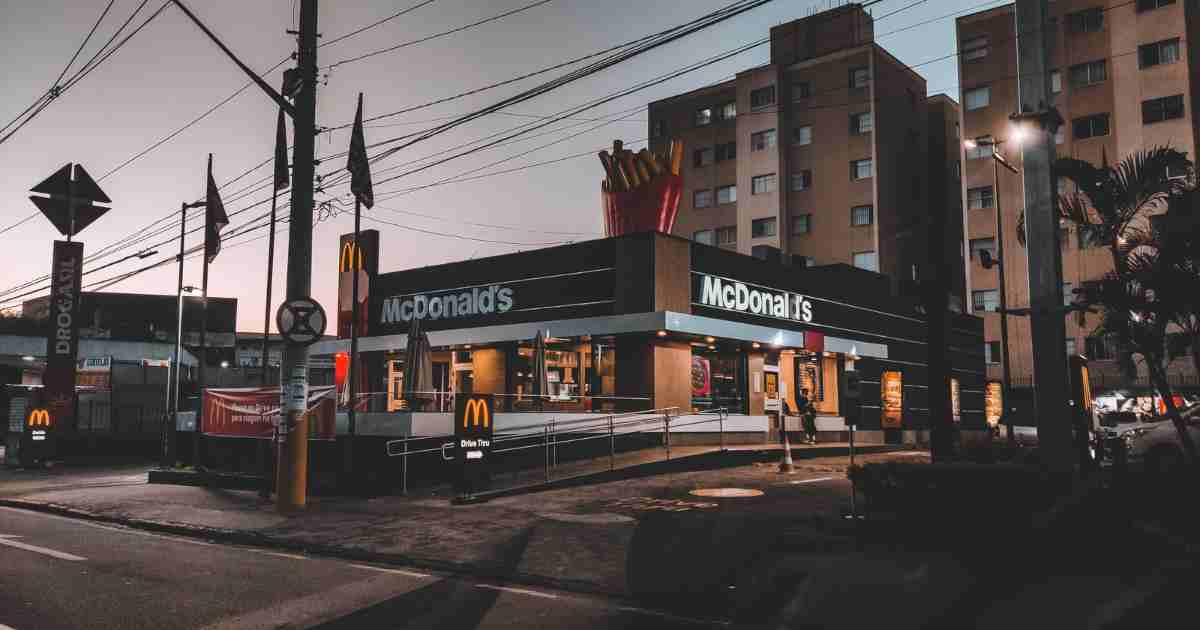Carl Coetzee, the chief executive of bond originator BetterBond says that while the latest repo rate hike of 50 basis points will have an impact on monthly bond repayments, and how much aspirant buyers will be able to afford, the prime lending rate is still considerably lower than it was two years ago before the onset of the Covid pandemic.
The monthly repayment on a R2 million home at the start of 2020 when the prime lending rate was 10% was R2,259 more than it will be at the current 8.25%, said Coetzee.
“There are still opportunities for buyers who want to make the most of the comparatively low interest rate while it is still in single digits,” said Coetzee.
Notwithstanding the challenging economic times, buyer activity remains robust and BetterBond has seen a 10% increase in the ratio of formally granted bonds year-on-year, according to April data, said Coetzee.
Overall confidence in the property market is higher than it was at the end of 2021, with the sentiment towards buying property increasing marginally.
Rhys Dyer, CEO of Ooba Home Loans said that while consumers are feeling the pinch all-round with rising costs of fuel, electricity and groceries, residential property remains a good investment strategy, “and we are still seeing sustained activity – particularly around the R1.3 million mark”.
Most importantly, according to Dyer, banks are continuing to offer extremely competitive interest rates on home loans. “Our Q1 data for 2022 showed a Ooba achieved an average interest rate discount of prime less 0.23% for our homebuyers, 18 basis points lower than Q1 21’s average rate of prime less 0.05%”.
The data also indicated that banks are responding well to the increasing demand for no deposit loans with an approval rate of 82% in Q1 22 in this segment, up on Q1 21’s approval rate of just under 81%, he said.
“The increased competition from the banks also means that the dream of homeownership more accessible for many, especially for first-time buyers and those who wish to benefit from the government-assisted FLISP subsidy.”
Dr Andrew Golding, chief executive of the Pam Golding Property group said that financial institutions still demonstrate a strong and competitive appetite for lending.
“Bearing in mind that the desire among our country’s sizeable young generation of savvy, aspirational citizens is to own their own homes, and that activity in the marketplace is also fuelled by people relocating for a variety of lifestyle and other reasons, we are optimistic that the residential property market will continue to retain its resilience, as evidenced over the years despite numerous economic and other challenges.
“Positively, for the financial year ended February 2022, Pam Golding Properties has experienced its busiest year ever, however, it is too early to forecast if the gradual upward repo rate cycle will have any significant impact on market activity.”
Samuel Seeff, chairman of the Seeff Property Group, said the residential market continues to hold up well with buyers showing strong confidence.
Although homeowners and property buyers need to adjust to higher home loan repayments, the reality is that the interest rate should remain below the pre-pandemic level.
The low interest rate is a strong support for the market combined with the positive bank lending which is at the best level since the introduction of the National Credit Act in 2007, he said.
Deposit requirements are now as low as 6% to 7% with home loan finance more accessible as the banks continue competing strongly. Mortgage originator, Ooba also reported that 60% of its approved mortgage bonds in the first quarter were above the R1.5 million price level.
“While overall sales volumes have normalised following the buyer frenzy of the post-lockdown months, the market is still trading at pre-pandemic levels and we continue seeing strong confidence in the residential market,” Seeff said.
Read: Big shift in South Africa’s housing market is good news for these types of home owners




















Discussion about this post